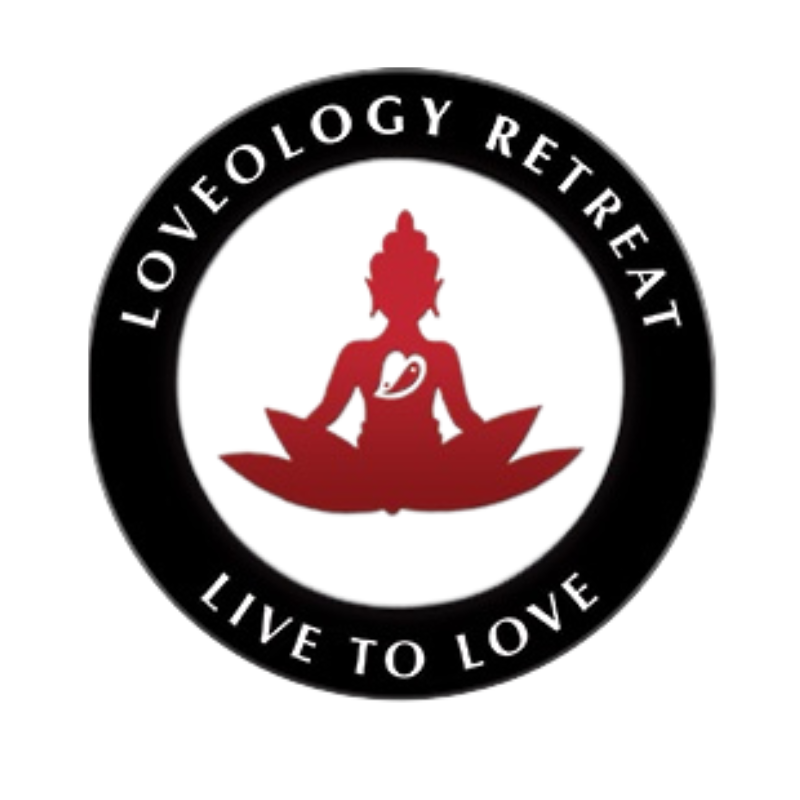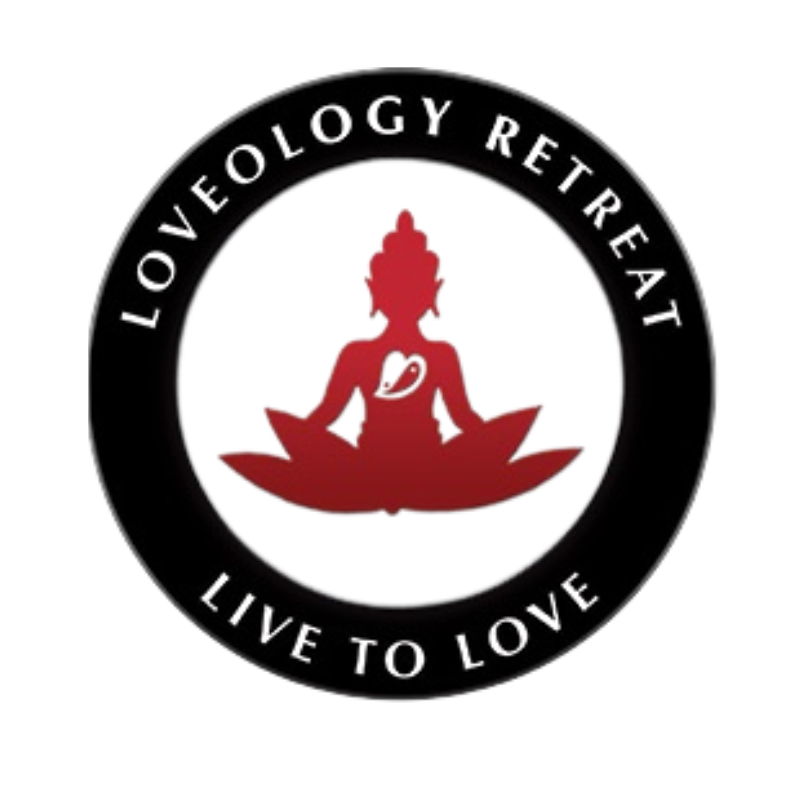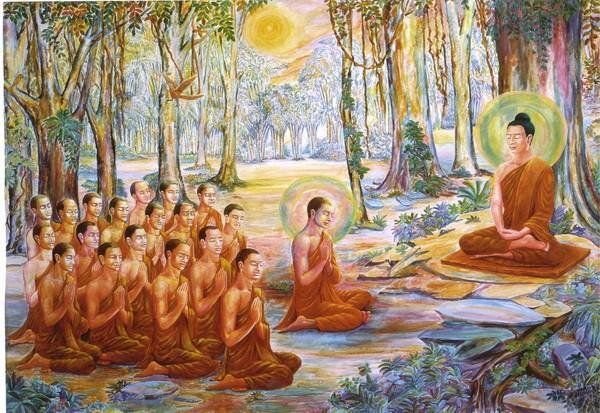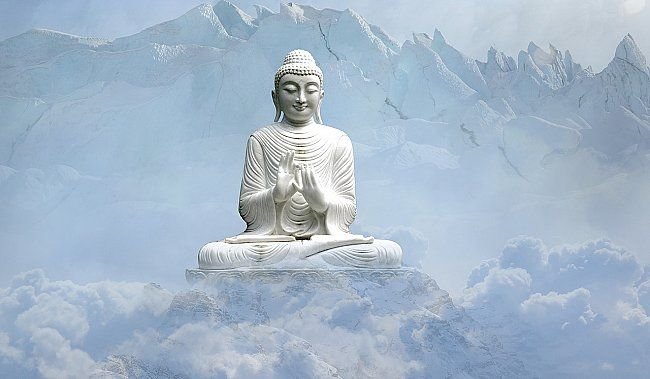Exploring the Diversity of Buddhism: Beliefs, Practices, and Retreats
Buddhism, with its rich tapestry of traditions and teachings, offers diverse paths to enlightenment and inner peace. Understanding the different types of Buddhism can deepen our appreciation for this ancient spiritual practice and its contemporary relevance.
There are a list of famous celebrities who practice various lifestyles of Buddhism and share their wisdom with the world. Most notably, Richard Gere whose first encounter with the Buddhist Dharma was in his early twenties. He became a practicing Tibetan Buddhist of the Gelugpa school of Tibetan Buddhist. Doctrinally, the Gelug school promotes a unique form of prasangika Madhyamaka based on the works of Tsongkhapa.
According to John Powers, Tsongkhapa's work "contains a comprehensive view of Buddhist philosophy and practice that integrates sutra and tantra, analytical reasoning, and yogic meditation."
Richard Gere is devoted as an active follower and supporter of the Dalai Lama, who is considered a living Buddha of compassion and believed to be a reincarnation of the Bodhisattva Chenrezig, who renounced Nirvana in order to help mankind.
Richard Gere put his money where his mouth is and financed the repair of the narrow pothole mountain roads that lead to the Temple of the spiritual leader. I can attest to that as I travelled the scary road to his Holiness the 14th Dalai Lama.
Other famous Actors who practice Buddhism include, Orlando Blook, Kate Bosworth and Jeff Bridges, but there are Buddhist celebrities in every field from film, music, sports, to politics.
https://www.dhammawiki.com/index.php/List_of_Celebrity_Buddhists
There are many branches of Buddhism, highlighting key beliefs in each and identifying spiritual retreats where you can immerse yourself in these traditions.
Theravada Buddhism is prevalent in Sri Lanka (Ceylon), Myanmar (Burma), Thailand, Cambodia, and Laos. It is often referred to as the "Teaching of the Elders," is the oldest form of Buddhism, tracing its roots back to the earliest teachings of the Buddha. Predominantly practiced in Southeast Asia, it emphasizes the original teachings and practices of the Buddha.
Key Belief or Practice: The Path of Insight (Vipassana) Theravada Buddhism centers on the individual's journey to enlightenment through personal effort and discipline. The practice of Vipassana, or insight meditation, is fundamental. This technique involves observing one’s breath, bodily sensations, thoughts, and emotions with mindful attention. The goal is to gain deep insight into the nature of reality, particularly the three marks of existence: impermanence (anicca), suffering (dukkha), and non-self (anatta).
Retreat Places: Theravada retreats can be found throughout Southeast Asia. In Thailand, Wat Suan Mokkh offers silent retreats focusing on Vipassana. In the West, the Insight Meditation Society in Massachusetts provides rigorous meditation retreats based on Theravada principles.
Mahayana Buddhism, meaning the "Great Vehicle," emerged around the 1st century CE as a more inclusive approach to enlightenment. It encompasses a wide variety of schools and teachings, making it the largest branch of Buddhism practiced in East Asia.
Key Belief or Practice: The Bodhisattva Path Mahayana emphasizes the Bodhisattva ideal, where practitioners aspire to become Bodhisattvas—beings who seek enlightenment not only for themselves but for all sentient beings. This altruistic path involves developing compassion and wisdom to help others achieve liberation. Central to this practice is the cultivation of the six perfections (paramitas): generosity, morality, patience, energy, meditation, and wisdom.
Retreat Places: Mahayana retreats are abundant in East Asia. The Plum Village in France, founded by Thich Nhat Hanh, offers retreats that integrate mindfulness with the Bodhisattva path. In Taiwan, the Fo Guang Shan Monastery provides comprehensive programs that encompass meditation, study, and community service.
Vajrayana Buddhism, also known as Tibetan Buddhism, is a branch of Mahayana that incorporates esoteric and tantric practices. It is characterized by its rich rituals and symbolic practices aimed at rapid spiritual transformation. The lama is often the Tantric spiritual guide, the Guru to the aspiring Buddhist, its most notable leader is the Dalai Lama.
Key Belief or Practice: The Use of Mantras and Rituals Vajrayana practitioners engage in advanced meditation techniques, including deity yoga, where one visualizes oneself as a deity to embody enlightened qualities. Mantras, Mudras (hand gestures), and mandalas (sacred diagrams) are also integral, serving as tools to focus the mind and unlock spiritual power.
Retreat Places: Vajrayana retreats are primarily located in Tibet, Nepal, and Bhutan. The Kopan Monastery in Nepal offers structured courses on Tibetan Buddhism, combining study and meditation. In the USA, the Garchen Institute in Arizona provides intensive retreats focusing on Vajrayana practices.
Zen Buddhism, a branch of Mahayana, developed in China as Chan Buddhism and later spread to Japan, where it became known as Zen. It emphasizes direct experience and meditation, stripping away doctrinal complexities.
Key Belief or Practice: Zazen (Seated Meditation) The core practice of Zen is Zazen, or seated meditation, which involves sitting in stillness and observing one’s breath and thoughts without attachment. The aim is to cultivate a state of present-moment awareness and to experience satori, or sudden enlightenment. Zen also uses koans, paradoxical questions or statements, to transcend conventional thinking and trigger insight.
Retreat Places: Zen retreats are prevalent in Japan and have spread worldwide. The San Francisco Zen Center in California offers retreats that follow traditional Zen practices. The Eiheiji Temple in Japan, founded by Dogen Zenji, provides an immersive experience in Zen training. I bought my spiritual retreat in Maricopa, California from Zen Monks, but I welcome hosts from all groups.
Pure Land Buddhism is another branch of Mahayana that focuses on faith and devotion to Amitabha Buddha. It offers a simple yet profound path to enlightenment, accessible to people of all backgrounds.
Key Belief or Practice: Devotion to Amitabha Buddha Practitioners of Pure Land Buddhism recite the name of Amitabha Buddha (Nianfo) with sincere devotion, aspiring to be reborn in the Pure Land, a realm of bliss where enlightenment is easily attainable. This practice emphasizes faith, devotion, and the compassionate vows of Amitabha to save all beings.
Retreat Places: I recently visited The Land of Medicine Buddha in near Carmel California. Land of Medicine Buddha is a sanctuary that offers traditional and contemporary programs based in Tibetan Buddhist practice for awakening and nurturing a culture of compassion, wisdom, and well-being. Pure Land retreats are also common in East Asia. The Chung Tai Chan Monastery in Taiwan integrates Pure Land practices with Chan meditation. In Japan, the Jodo Shu Research Institute provides retreats that focus on the recitation of Amitabha's name and studying Pure Land teachings.
Finding Your Path
By exploring the different branches of Buddhism, you can discover the rich heritage and profound wisdom that each offers.
Whether you are drawn to the Dharmas of Tibetan Buddhism, Zen, Mahayana, or Vajrayana, there is a path within Buddhism that can resonate with your spiritual journey.
Retreats can provide a unique opportunity to deepen your practice and immerse yourself in the teachings of these diverse traditions.
Online courses and classes can offer you the knowledge to empower your understanding and when you share your knowledge, it is a way to achieve immortality!
Buddhism Courses and Classes
👉 https://learn.tricycle.org/p/buddhism-for-beginners
👉 https://www.thebuddhistsociety.org/page/courses
👉 https://sravastiabbey.org/program-overview/distance-learning/
Loveology Retreat:
Host a Memorable Group Retreat Experience at the beautiful 45 acre property of indoor & outdoor gathering spaces.







